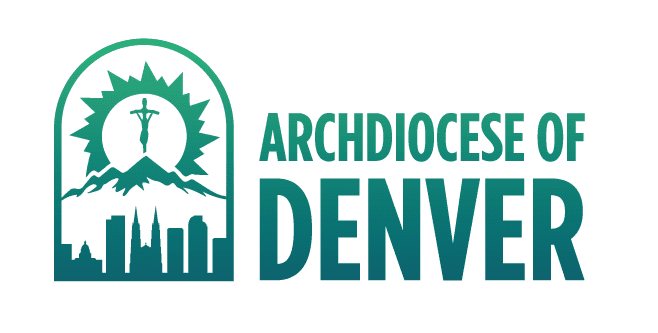Oct. 7, 2019
A message from Archbishop Samuel J. Aquila on the opening of the Colorado Independent Reconciliation and Reparations Program.
“The damage inflicted upon young people and their families by sexual abuse, especially when it’s committed by a trusted person like a priest, is profound. And while money can’t heal wounds, it can acknowledge the evil that was done and help restore peace and dignity to the survivors.
We hope that this independent program creates a simple and non-adversarial means for survivors to have their stories heard and be provided with resources to aid in their continued healing.
No matter how long ago the abuse occurred, we hope anyone who is still suffering in silence will be encouraged to come forward. If any survivor also wishes to meet personally with me, my door will be open.
And to our current priests, deacons, parish staffs and Catholic faithful: Thank-you for your decades of work that have transformed the Church into one of the safest environments in Colorado for children. Please join me in praying for the continued healing of all survivors of sexual abuse. May we keep our eyes fixed on Jesus Christ, who alone can provide peace and comfort.”
Archbishop Samuel J. Aquila
Background Information
- There have been zero known incidents of sexual abuse of a minor by an archdiocesan priest in 20 years.
- There are zero priests in ministry with a substantiated allegation of sexual abuse of a minor.
- This is not the first time the Archdiocese of Denver has created a reparations program to support survivors. In 2006, Archbishop Charles Chaput instituted a similar program that the Denver Post hailed as an “honorable way to address abuse.”
- In between these two programs, any survivor who came forward was given the opportunity to share their story with a victim’s assistance coordinator and offered resources like counseling to support their healing.
- The Archdiocese of Denver has had strong prevention and reporting policies since 1991, further strengthened by the 2002 Charter for the Protection of Children and Young People. The pillars of the Dallas Charter are:
- Healing: Guidelines for pastoral care and outreach to survivors.
- Reporting & Response: Mandatory reporting to local authorities of all allegations of sexual abuse, and “zero tolerance” for substantiated allegations involving sexual misconduct with minors.
- Prevention: Mandatory training and background checks for priests, deacons, employees and volunteers who work with children, along with training for all school students and religious education students.
- Accountability: Annual national audits of all parishes to ensure compliance with regulations.
NOTE: Initial funding for the program will be provided by existing diocesan assets. While the number of potential claims is currently unknown, it is important to note that the Archdiocese will not use any money given to donor-designated funds, or donations made to parishes, ministries or schools.

